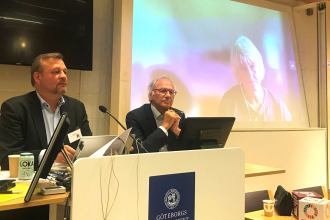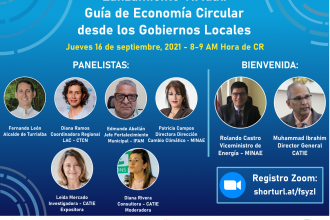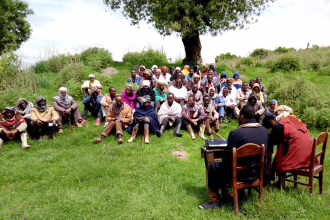
Stakeholders learned about the IGE program in Kenya
EfD Kenya held a workshop on the Inclusive Green Economy (IGE) program to present the National Policy Review (NPR) draft and the IGE project concept note to relevant stakeholders. The guests gave some…








